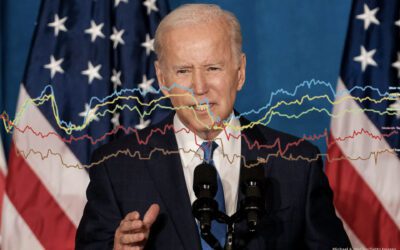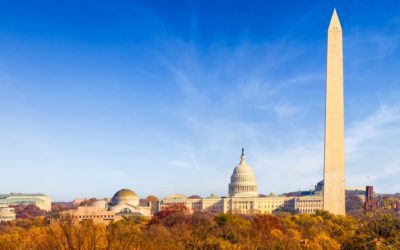A new Democracy Corps and Greenberg Quinlan Rosner survey shows that after 100 days in office, President Barack Obama has, at least for now effectively erased doubts that Americans have historically harbored about the Democratic Party’s vision and competence on national security. For the first time in our research, Democrats are at full parity on perceptions of which party would best manage national security, while they have moved far ahead of the GOP on specific challenges such as Afghanistan, Iraq, working with our allies, and improving America’s image abroad.
Nearly two-thirds of likely voters – 64 percent – approve of the job Obama is doing on national security. That is 6 points higher than his already strong overall job approval rating (at 58 percent, the highest we have yet recorded). On other aspects of national security – from Iraq, to Afghanistan, to terrorism, to the president’s foreign diplomacy – the same is true: higher job approval ratings than on the President’s overall job approval. Given their approval of the president’s performance on foreign affairs, voters flatly reject the claims from former Vice President Cheney and other Republicans that Obama’s policies put America at risk.
By nearly a 2 to 1 margin, Americans say that President Obama is doing better, not worse, than his predecessor, George W. Bush, when it comes to national security. This survey signals a possible generational shift in attitudes that could have broad electoral consequences, depriving Republicans of one of their last remaining advantages just when their image has dropped to an all-time low relative to the Democrats. Greenberg Quinlan Rosner and Democracy Corps have been conducting special national security polls since 2003. This analysis is based on a national survey of 1,000 2008 voters including 160 interviewed on cell phones (121 unweighted) and 852 likely 2010 voters (861 unweighted) conducted for Democracy Corps by Greenberg Quinlan Rosner, May 10-12, 2009. Margin of error is 3.1 percent among 2008 voters and 3.3 among percent likely 2010 voters.




